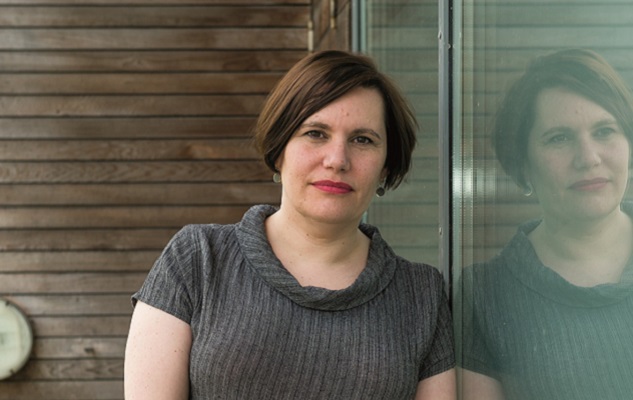Hearing a different story - changing perceptions to improve the experiences of children in care
What does ‘doing well’ mean for young people and adults who are or have been in care? Is it about the absence of ‘negative’ outcomes – staying out of prison or not becoming a parent at an early age – or do we all need to look at things differently?

Janet Boddy, Professor of Child, Youth and Family Studies.
For Janet Boddy, Professor of Child, Youth and Family Studies, there are dangers in placing too much emphasis on the negative side of being in care. While it’s important to recognise the risks and disadvantages that young people face, focusing only on the negative can cause more problems, by increasing stigma and reinforcing low expectations. Not enough is known about positive experiences and outcomes, so we don’t have enough insight into how to support young people in care to achieve their aspirations. By learning from young people who’ve experienced the care system – and who are also in education, training, or employment – Janet’s work aims to build positive understandings of young people's lives and improve the experiences of care leavers in the UK and internationally.
“Against All Odds?” is a collaborative study with researchers from Norway and Denmark, funded by the Research Council of Norway. This cross-national approach helps to highlight differences in the ways that care policy and systems shape young people’s lives. It allows us to question aspects of each country’s system that might otherwise be taken for granted, and so can help policy-makers and practitioners to ‘look with fresh eyes’ at complex challenges. “Sometimes the impact isn’t immediately obvious”, says Janet. “It’s about encouraging changes in thinking, sowing seeds with politicians and policy-makers.”
Based on extensive interviews with young adults who have been in care, the research uses some innovative creative approaches too. People are given cameras to take photos that show what’s important to them in their everyday lives and asked to choose a piece of music that helps explain what ‘doing well’ means for them.
One young man, who’d experienced multiple placements as a child and lived through periods of homelessness and prison as a young adult, talked proudly of saving to buy his own house. He took a photo of his ironing board to explain the pleasure of coming home and doing simple chores in peace. A young woman chose a song that she listened to on a university trip she’d helped to organise; it reminded her of that achievement, but also of friends and fun times. “Doing well” is personal, Janet says, “It’s about recognising all sorts of achievements, recognising the value in people’s lives.”
And all this of challenges stigma. The creative methods give space to ‘hear a different story’ of young people’s lives, and show that people shouldn’t be negatively defined by their life in care. We can learn from what’s helped people achieve the things that matter to them – and how crucial it is to have someone who believes in you. But the research is also very powerful in showing services the importance of listening to young people’s views of their own lives.
For Janet, collaboration, trust and respect are crucial to every aspect of her work. “I feel an enormous sense of gratitude to those taking part in the research. They share their life with you in the hope that something good will come out of it. That gives you such a responsibility to make a difference.” Whether talking to civil servants, to understand how they are working to improve services within the priorities of whichever party/minister is in power, or sitting on an advisory board for a charity or an all-party parliamentary group for children in care, it’s all about working in partnership. “There’s no point sitting in a university just being critical – it’s about what I can do to get out there and change things,’ says Janet.
And if the people you want to act upon your research findings are engaged from the outset, that’s half the battle, she argues. ‘Right at the start of “Against All Odds?” we approached Become – a brilliant charity that represents and advocates for young people in care. We asked their advice on how to go about the study and they helped us recruit some of our interviewees. We’re keeping in touch with them now to talk about what we’re learning from the research.”
Centre for Innovation in and Research in Childhood and Youth
Find out more about the Centre for Innovation in and Research in Childhood and Youth.
Last updated: 12 December 2016
Contact us
Research Quality and Impact team
rqi@sussex.ac.uk